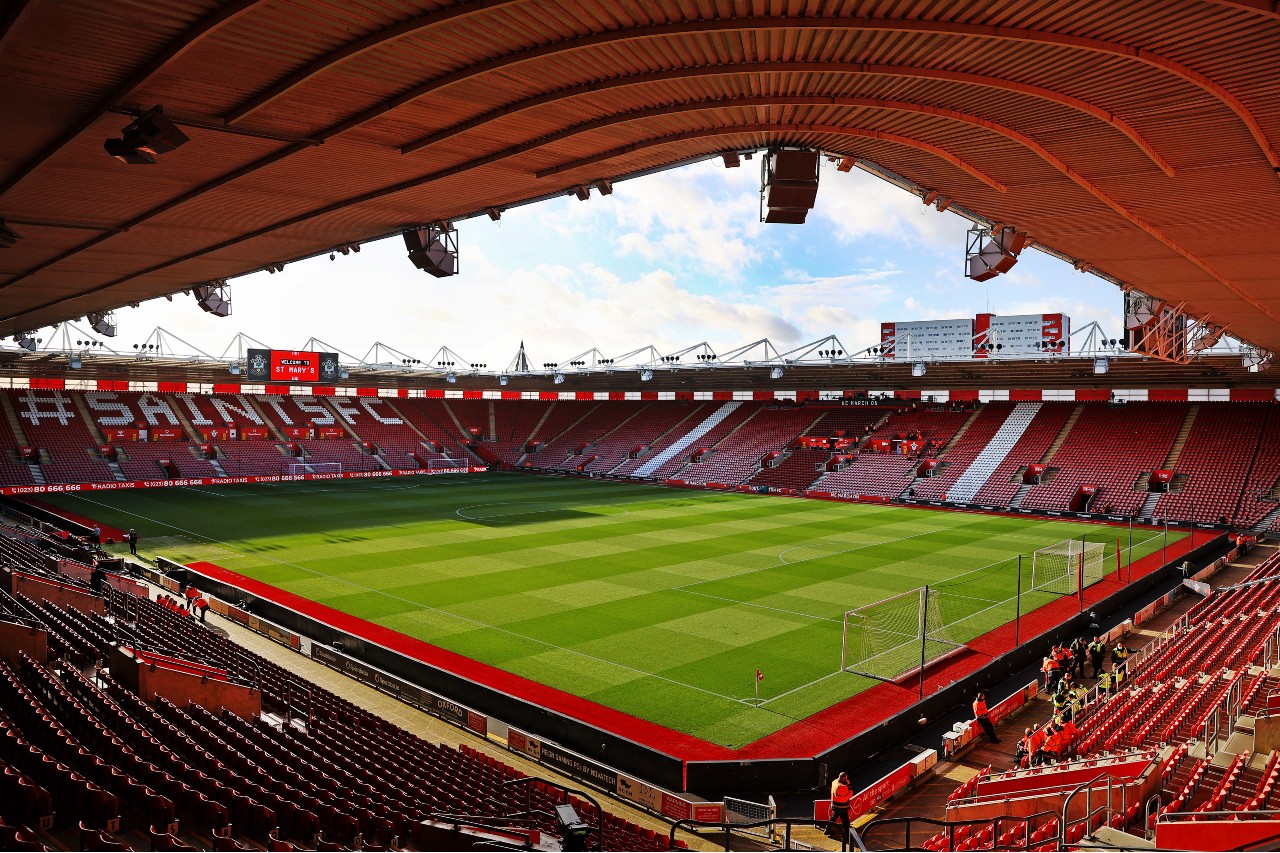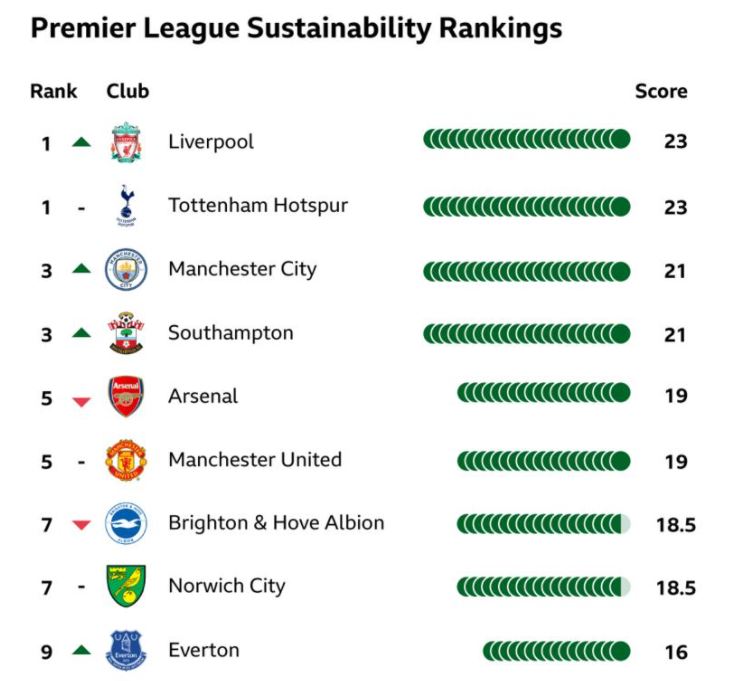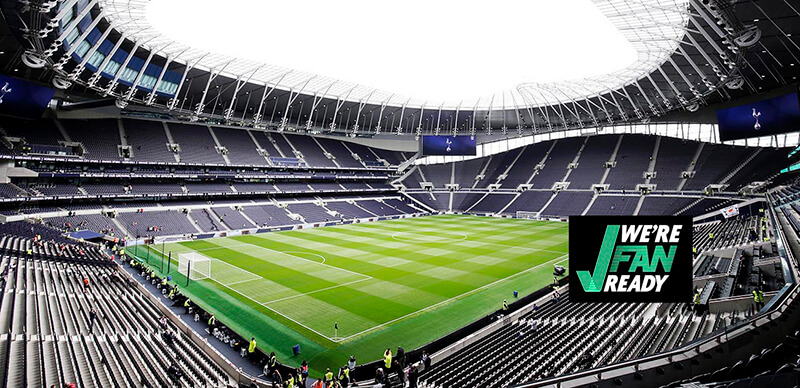‘Our partnership revenue grew fivefold in three years’: Sports sustainability experts make the business case for carbon reduction

There is no denying sustainability is a hot topic in sport right now, just as it is in the wider world of business.
More and more organisations across the industry are beginning to speak up and take action to reduce their carbon footprint and encourage their fans, customers and communities to do the same – and some are starting to see the financial upside as a result.
Read the full article here.








